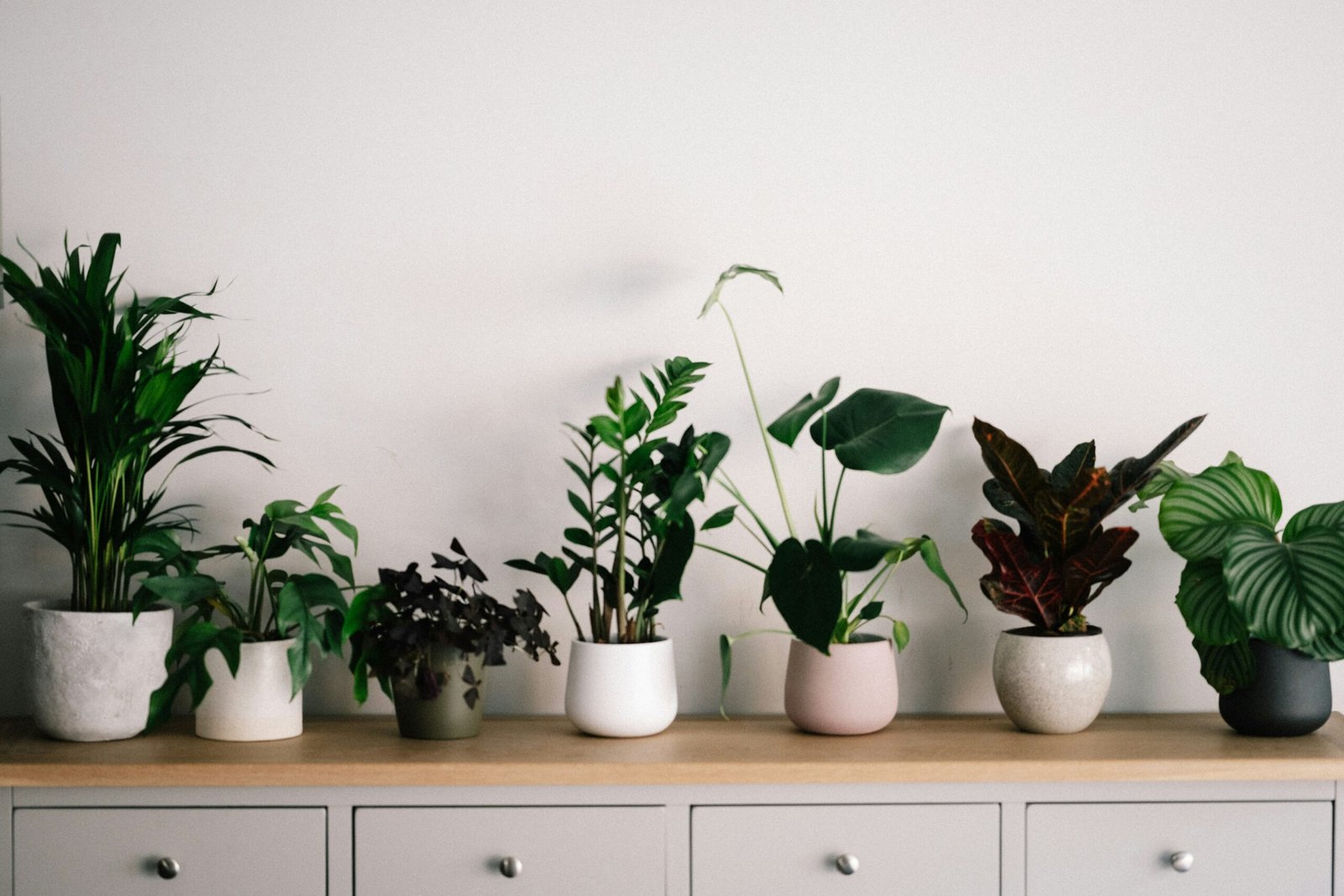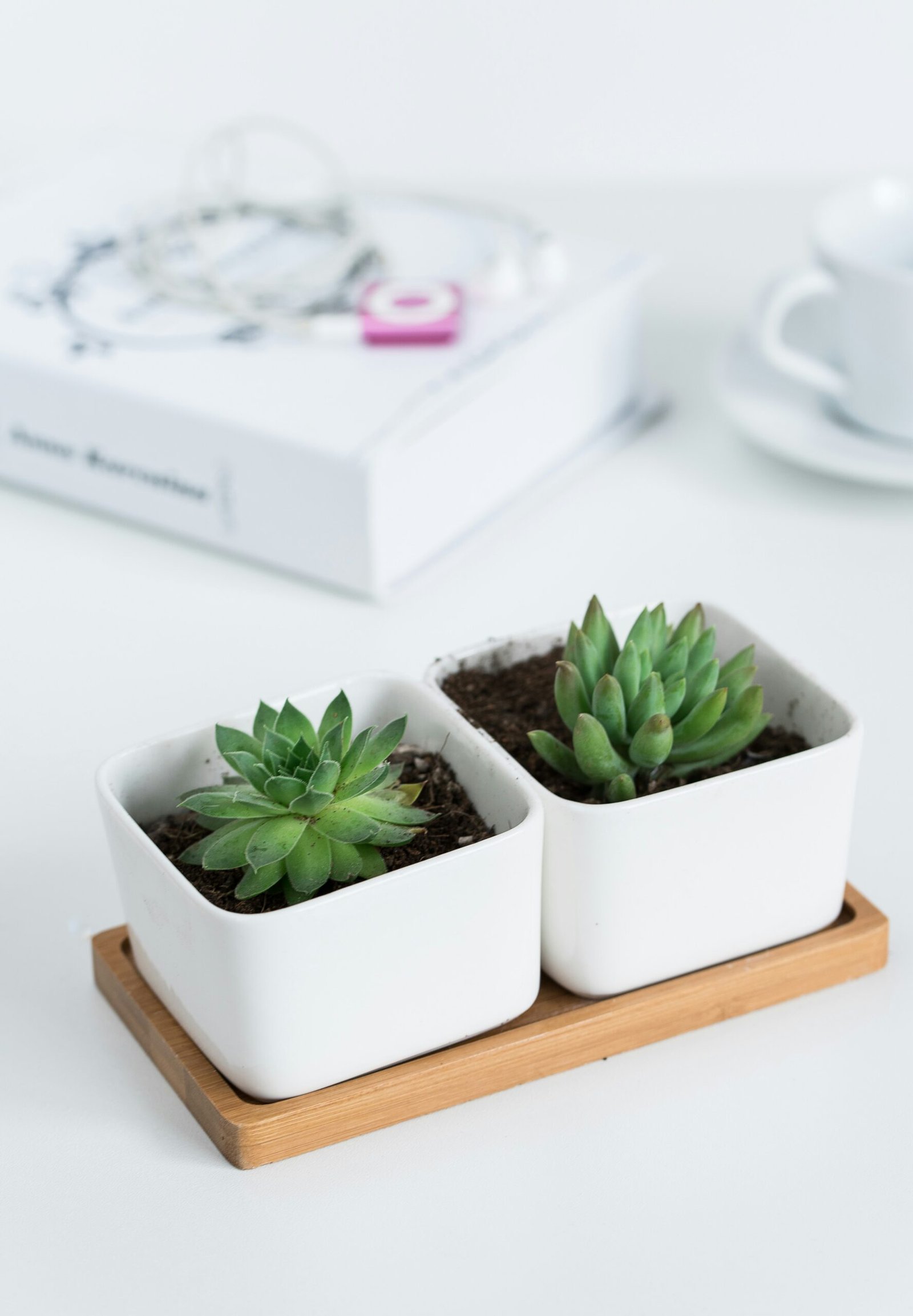A Beginner’s Guide to Growing and Using Herbs at Home
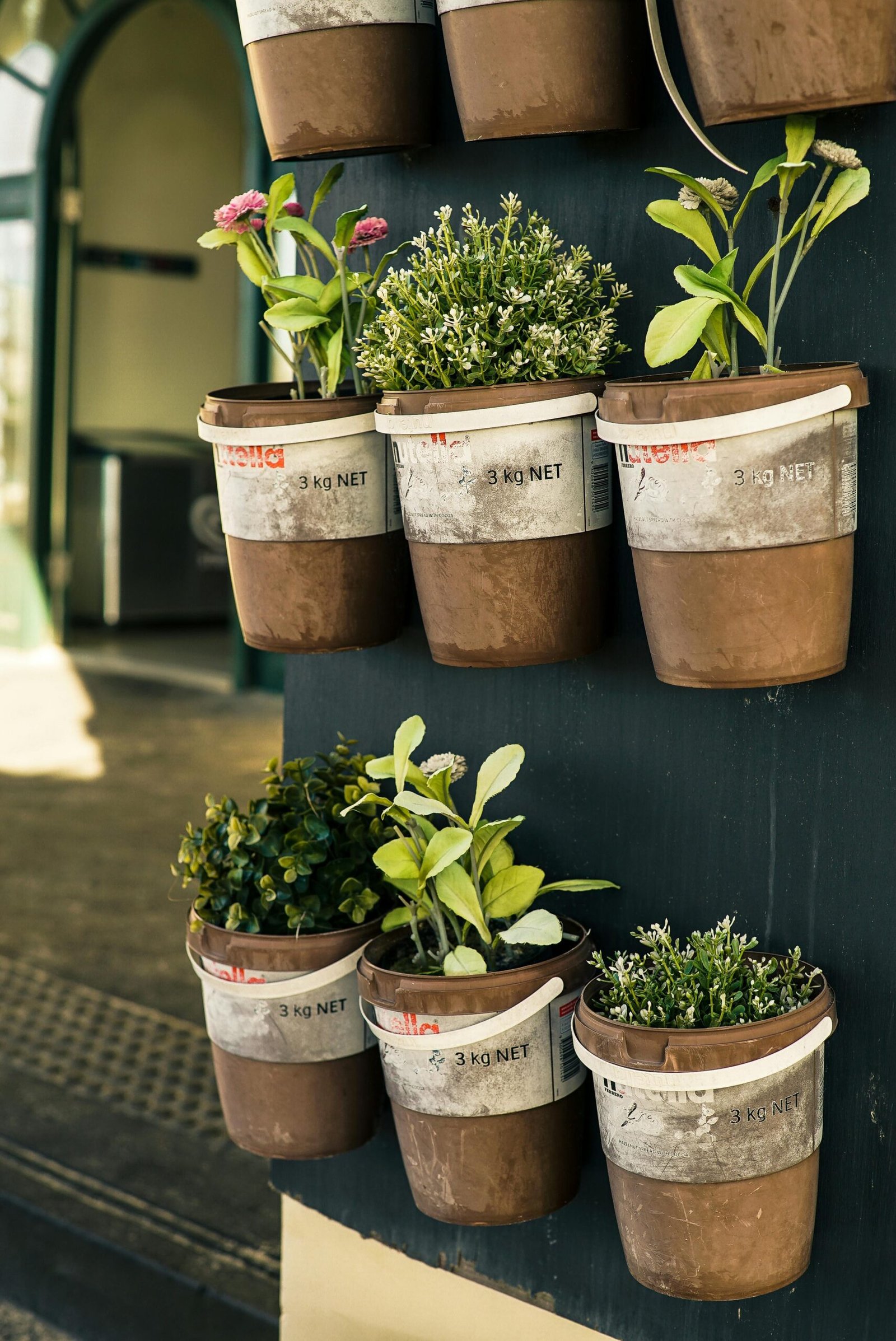

If you’ve ever thought about adding fresh flavors to your cooking or creating a beautiful, fragrant garden, growing your own herbs at home is the perfect solution. Whether you have a spacious backyard or just a windowsill, herbs are easy to grow and maintain. In this guide, we’ll show you how to start herb gardening in Kenya and provide tips on using these versatile plants in your daily cooking.
Why Grow Your Own Herbs?
Growing your own herbs is both practical and rewarding. Here are a few reasons to start your herb garden today:
- Cost-effective: Homegrown herbs save money compared to buying them at the store.
- Fresh and organic: You have full control over how your herbs are grown, ensuring they’re fresh and pesticide-free.
- Easy to grow: Herbs are beginner-friendly and thrive in a variety of conditions, making them perfect for gardeners of all skill levels.
- Versatile in cooking: Herbs like basil, thyme, and mint are great for enhancing the flavors of your meals.
Best Herbs for Beginners in Kenya
When it comes to herb gardening in Kenya, certain herbs are especially well-suited for the climate and are easy to grow. Here are some beginner-friendly herbs to start with.
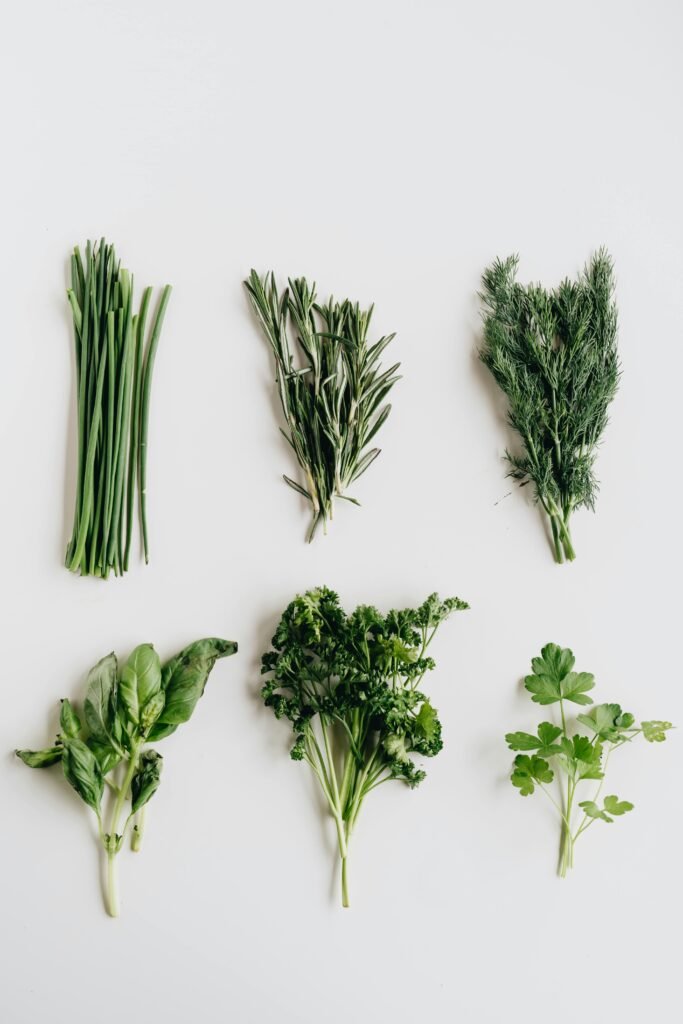
1. Basil
Basil is a must-have for herb gardens and is perfect for warm climates. It’s great for adding to sauces, salads, and pasta dishes.
2. Mint
Mint is known for its refreshing flavor, making it ideal for teas, salads, and garnishes. It’s also quite hardy and can thrive in containers or directly in the ground.
3. Rosemary
A robust herb that loves sunny conditions, rosemary can be used to flavor roasted meats, vegetables, and bread.
4. Thyme
Thyme is an easy-to-grow herb that pairs well with chicken, fish, and vegetables. It also thrives in hot, dry environments.
5. Coriander (Cilantro)
Coriander grows quickly and is commonly used in Kenyan dishes. Both its leaves (cilantro) and seeds (coriander) can be used in cooking.
How to Start Herb Gardening in Kenya
Now that you know which herbs to grow, let’s walk through the steps to start your herb garden.
1. Choose Your Location
Herbs need at least 6 hours of sunlight each day. Choose a sunny spot, whether it’s in your garden, on your balcony, or even by a bright kitchen window. If space is limited, consider vertical herb gardening, which allows you to grow your own herbs in small spaces.
2. Prepare the Soil
Herbs prefer well-drained soil. If you’re planting in containers, use a good-quality potting mix. For garden beds, make sure the soil is light and loose. Adding compost or organic matter will help improve drainage and nutrient levels.
3. Planting Herbs
You can either start from seeds or purchase young herb plants from local nurseries. If using seeds, follow the planting instructions on the seed packets. If you’re planting young herbs, make sure to give them enough space to grow by following spacing recommendations (usually 15-30 cm apart).
4. Watering
Herbs need regular watering but be careful not to overwater, as most herbs prefer slightly dry conditions. Water the soil, not the leaves, to prevent diseases and encourage healthy root growth.
5. Fertilizing
Use organic fertilizers like compost or well-rotted manure. Fertilize once a month to keep your herbs healthy and productive.
6. Harvesting
Harvest herbs regularly to encourage new growth. Use sharp scissors to snip leaves just above a leaf node, and be sure to avoid taking more than one-third of the plant at once.
Creative Ways to Use Herbs for Cooking
Once your herb garden is thriving, you’ll have fresh herbs at your fingertips, ready to enhance your meals. Here are a few ways to incorporate herbs into your cooking:
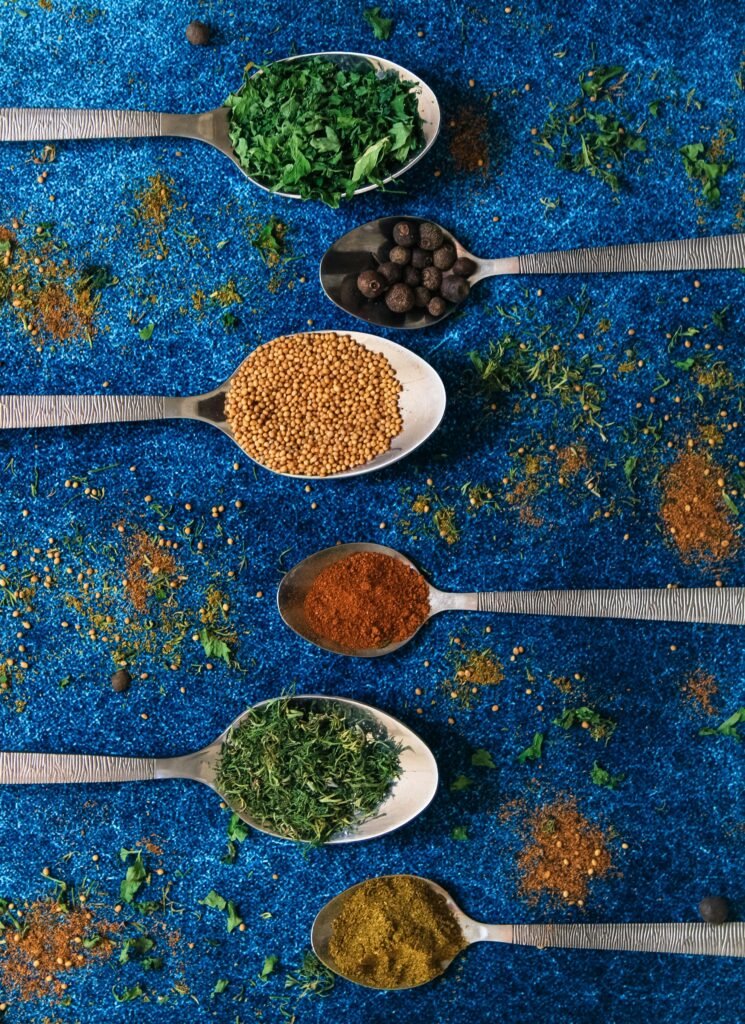
1. Fresh Herb Salads
Add freshly picked herbs like basil, mint, or coriander to your salads for a burst of flavor. Herbs can be the star ingredient or used to complement other vegetables.
2. Homemade Herb Sauces
Use herbs like basil, parsley, and thyme to make pesto, chimichurri, or herb-infused oils. These can be drizzled over pasta, grilled meats, or roasted vegetables.
3. Herb-Infused Beverages
Mint and rosemary are perfect for making refreshing herbal teas. Add sprigs of mint to your water or iced tea for a cooling drink, or steep rosemary in hot water for a soothing tea.
4. Flavorful Roasts
Use rosemary, thyme, and oregano to season your meats and vegetables before roasting. Rub them directly onto the meat or mix them into marinades.
5. Herb-Buttered Breads
Combine freshly chopped herbs with softened butter to create herb-flavored spreads. Spread the mixture on bread before toasting or use it to baste grilled vegetables and meats.
Common Challenges and How to Overcome Them
Like any form of gardening, herb gardening in Kenya comes with its challenges. Here’s how to tackle some of the common issues:
1. Pests
Herbs are generally resistant to pests, but if you do encounter issues, try using organic pest control methods like neem oil or garlic sprays. Companion planting can also help keep pests at bay; for example, plant marigolds near your herbs to deter insects.
2. Overwatering
Herbs like rosemary and thyme prefer slightly dry conditions, so make sure you’re not watering them too frequently. Ensure good drainage by adding gravel or sand to the soil.
3. Bolting
When herbs like coriander or basil start producing flowers, they’re “bolting,” which means they’re moving into seed production. To prevent this, pinch off flower buds as soon as they appear.
Final Thoughts
Starting an herb garden at home is a fulfilling way to connect with nature, save money, and improve your cooking. Whether you’re a beginner or a seasoned gardener, herb gardening in Kenya is accessible and rewarding. With a little effort, you can grow your own herbs and enjoy fresh, organic flavors all year round.
For more gardening tips and to find high-quality herb seeds and gardening supplies, visit TheFarm.co.ke. Let us help you create your very own herb garden and bring fresh flavors into your kitchen!




